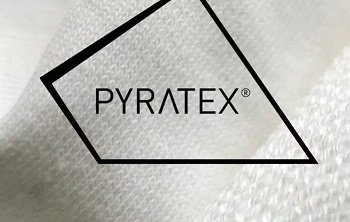Plastic chemicals biobased carbon fibers 29-09-2018 - Arhive
-China – Polyethylene terephthalate is stable on the eve of the “National Day Golden Week holiday”, PTA and MEG prices are slightly rising
PET Bottle grade export 1,250/1,280 $/ton – PET Bottle grade domestic market 9,800/9,950 yuan/ton – PET Filament grade domestic market 9,650/9,800 yuan/ton
PTA Taiwan 1,020/1,040 $/ton – PTA domestic market 7,700/7,850 yuan/ton – MEG $ 885/900 $/ton – MEG domestic market 7,300/7,400 yuan/ton – PX Korea 1,300/1,310 $/ton
POY 150D/48F domestic market 10,900/11,050 yuan/ton – DTY 150D/48F domestic market 12,450/12,550 yuan/ton – PSF domestic market 10,550/10,700 yuan/ton

-First trade war casualties in chemicals and beyond
With $250bn in US trade tariffs now in place and $110bn from China, we are starting to see some early casualties in this trade war. Plastic chemicals biobased carbon fibers
Owners of US chemical projects which are export oriented, and were planned with the colossal China market in mind, are now reconsidering these plans. And on 27 September one – Austria’s Lenzing – went public with the news that it has shelved plans for construction of a specialty fibre plant at Mobile, Alabama.

-Sustainable, inline recycling of carbon fiber
Shocker Composites and R&M International are developing a supply chain for recycled CF with zero knockdown vs. virgin fiber, lower cost and, eventually, lengths delivering structural properties close to continuous fiber. Plastic chemicals biobased carbon fibers
Currently, the most common recycling process used to recover carbon fiber from composite waste is pyrolysis, where high heat basically burns off the resin. Solvolysis, which uses a solvent to dissolve the resin, has long been claimed to offer superior properties. So far, commercialization of both pyrolysis and solvolysis has been through batch processes. But inline processing is finally in the works.
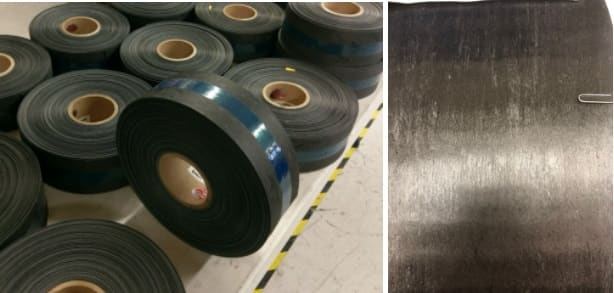
-Asia PVC tumbles amid US-China trade war
Spot polyvinyl chloride (PVC) prices in northeast Asia fell to their lowest in more than nine months, weighed down by competitively priced US cargoes and uncertainty amid the ongoing US-China trade war.
On 21 September 2018, spot prices fell $92.50/tonne or 9% week on week to an average of $835/tonne FOB (free on board) NE (northeast) Asia, according to ICIS data. The last time FOB NE Asia spot prices were lower was on 08 December 2017, the data showed. Spot prices were stable in late July to end-August, with limited upside due to depreciating Asian currencies against the US dollar.
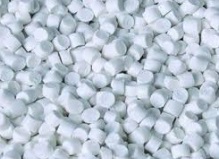
-Danimer Scientific to takeover Fermentation Facility in Winchester, KY to produce PHA
Altech Fermentation FacilityDanimer Scientific, a pioneer in creating more sustainable, more natural ways to make plastic products, plans to take over fermentation plant built on the 88,000-square-foot and housed in former Alltech algae building on Rolling Hills Lane in Winchester to produce its proprietary Nodax polyhydroxyalkanoate (PHA) material.

-Mitsubishi Chemical to start the sales of Paper Cups made from biodegradable plastic
Mitsubishi Chemical Biodegradable Paper CupsMitsubishi Chemical Corporation, headquartered at Chiyoda-ku, Tokyo; under the leadership of Masayuki Waga, the president, stated that Japan Paper and Pulp Co., Ltd. will start selling paper cups made with MCC’s BioPBS in October. Japan Paper and Pulp Co. headquartered at Chuo-ku, Tokyo is head by President: Akihiko Watanabe. BioPBS, developed and patented by MCC, is plant-derived and biodegradable plastic.

-Myant announces textile computing collaboration with Mayo Clinic
Myant CEO Tony Chahine. © MyantMyant, a leader in the design, development, and production of ‘textile computing’ products, has announced the launch of a strategic collaboration with Mayo Clinic to bring Mayo’s patented algorithms for heart monitoring and arrhythmia detection to Myant’s SKIIN Textile Computing platform.
The agreement gives Myant an exclusive licence to Mayo Clinic’s proprietary heart monitoring and arrhythmia detection technology for use in smart clothing projects. Myant’s SKIIN smart underwear will be released in early 2019 pending FDA clearance and Health Canada approval.
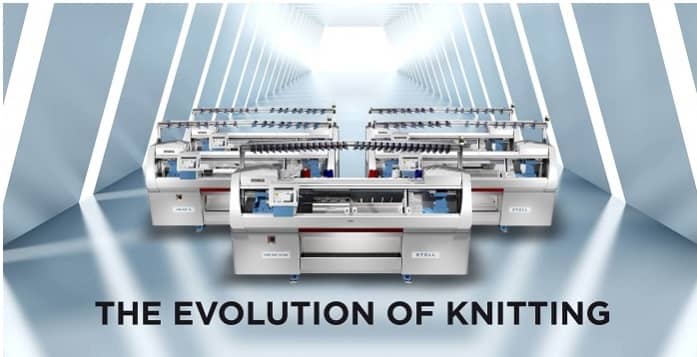
-Eco friendly: Packaging for fries made from potato skins
Italian designers Simone Caronni, Paolo Stefano Gentile and Pietro Gaeli have created an ecological packaging for fries made from recycled potato skins, as a sustainable alternative to paper. Called Peel Saver, the packaging is made of starch and fibre components that, after maceration and natural dying, bond with each other and harden.

The most-active Brent crude futures contract, for December, had risen 18 cents, or 0.22 per cent, to $81.56 per barrel by 0126 GMT. That was close to a four-year high of $82.55 struck on Tuesday.
With the expiration of the Brent November futures contract later on Friday, the front-month contract will become the December contract.

-Bioprocessing lab will change the ag economy
Urbana, Ill (WAND) – A game changing bioprocessing lab at the University of Illinois could change the face of agriculture for decades to come.
The Integrated Bioprocessing Laboratory is located on the Urbana campus. State Senator Chapin Rose, (R) Mahomet, helped steer nearly $27 million in state funds to the project.
“For the I-72 corridor between Decatur and Champaign you now have something that nowhere else in the world has,” Rose told WANDs Doug Wolfe.
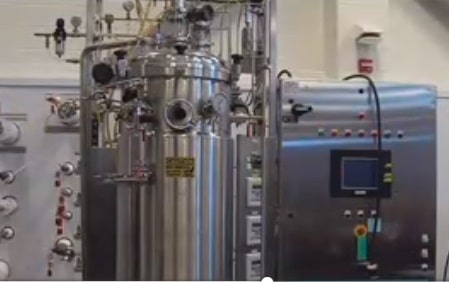
-Pyratex fabrics use responsibly-sourced natural fibres
Spain-based Pyrates Smart Fabrics, set up with the goal to find a fashion solution to health and environmental challenges, provide the same benefits as synthetic smart fabrics, but using responsibly-sourced natural fibres, which are much more respectful to nature as well as to our skin. The company offers a combination of functional and natural.
